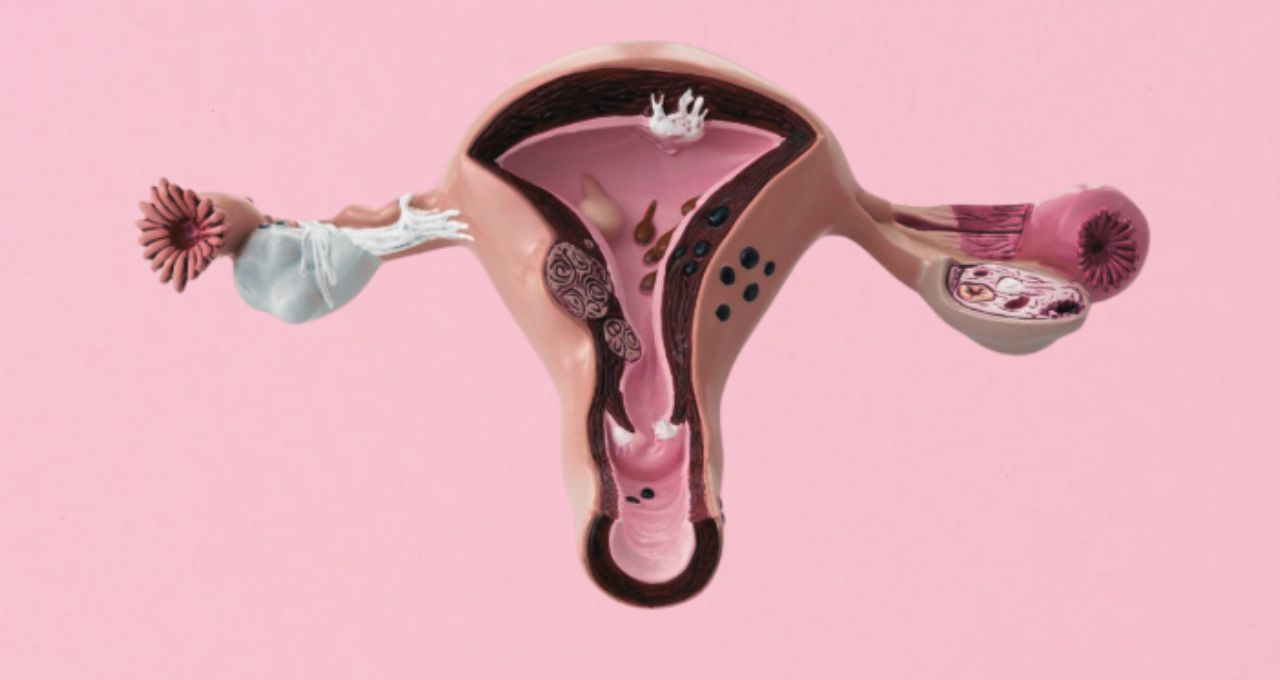The dream of becoming a mother is a precious part of every woman's life. However, this dream remains unfulfilled for some women because they lack a uterus or have had it removed for various reasons. In such cases, natural conception becomes impossible. Uterus Transplant technology has emerged as a new revolution, offering a ray of hope for these women.
What is a Uterus Transplant?
A uterus transplant is a medical procedure in which a uterus from another woman is transplanted into a recipient's body. The primary goal is to give women who were born without a uterus (such as those with congenital agenesis) or have had it removed due to illness or surgery the opportunity to become mothers.
This procedure is not just a surgery; it is the result of multiple stages and careful planning. After a uterus transplant, a woman can become pregnant and give birth to her own child. It is a remarkable blend of science and technology that has provided a new direction in the treatment of infertility.
How is the Uterus Transplant Procedure Performed?

1. Candidate Evaluation: First, it is assessed whether the woman is physically and mentally prepared for the procedure. Along with this, her fertility, egg availability, and other necessary tests are conducted.
2. IVF Procedure: Before the transplant, the woman's eggs are extracted and fertilized with sperm to create embryos. This process is called In Vitro Fertilization (IVF).
3. Uterus Selection and Retrieval: The uterus is obtained from two types of donors — living donors (such as a mother, sister, or relative) or deceased donors. The process of removing the uterus from a living donor is very delicate and can take up to 10 hours.
4. Transplant Surgery: The donor's uterus is transplanted into the recipient's body. This operation lasts approximately 6 to 8 hours, during which the uterus must be connected to the appropriate blood vessels.
5. Anti-Rejection Medications: To help the body accept the transplanted uterus, the patient is given medications that control the immune system to prevent organ rejection.
6. Embryo Transfer: Once doctors find that the uterus is functioning correctly, the prepared embryo is transferred into the uterus.
7. Pregnancy and Delivery: If the pregnancy is successful, the baby is delivered via C-section.
8. Uterus Removal: After childbirth, the uterus is removed to discontinue anti-rejection medications and avoid future complications.
Benefits of Uterus Transplant

- Experience of Natural Motherhood: This procedure offers women the opportunity to give birth to their own child, providing emotional and physical satisfaction different from adoption or surrogacy.
- Innovation: It is a new and effective option in the treatment of infertility, especially for women who have no other alternatives.
- Health and Well-being: The study and improvement of health issues associated with uterus transplants contribute to advancements in women's health services.
Which Women are Suitable for this Procedure?
- Women who were born without a uterus (such as those with Mayer-Rokitansky-Küster-Hauser Syndrome).
- Women whose uterus has been removed due to illness or surgery.
- Those whose ovaries are functional and are of reproductive age.
- Those who are mentally and physically prepared for the procedure.
- Those who do not have any serious infectious diseases.
Risks and Dangers of Uterus Transplant
Like any surgery, uterus transplant also carries some potential risks:
- For the Donor: Post-operative pain, weakness, infection, and injury to the urinary tract or other organs.
- For the Recipient: Organ rejection by the body, infection, bleeding, miscarriage, improper fetal development, and damage to organs like the kidneys due to medications.
- Psychological Stress: Mental stress and anxiety can increase due to the lengthy and complex procedure.
Uterus transplant is an attempt to cross the new frontier of science and medicine, giving new hope to women who cannot become mothers naturally. This procedure is a unique opportunity to fulfill their dream of motherhood. However, this technology is still evolving, and its success requires patience, proper planning, and expert medical supervision. Additionally, uterus transplant is an expensive and complex procedure, so all aspects should be considered before adopting it.















